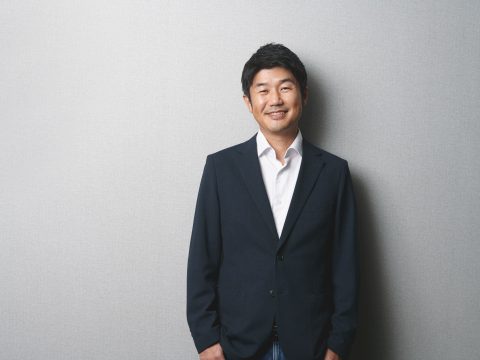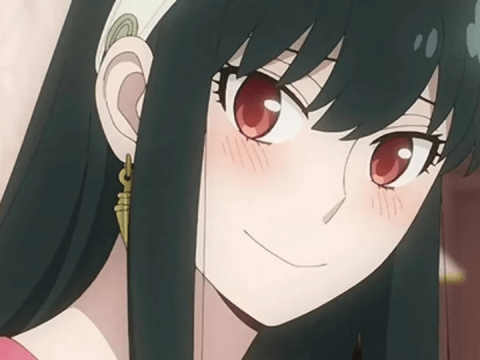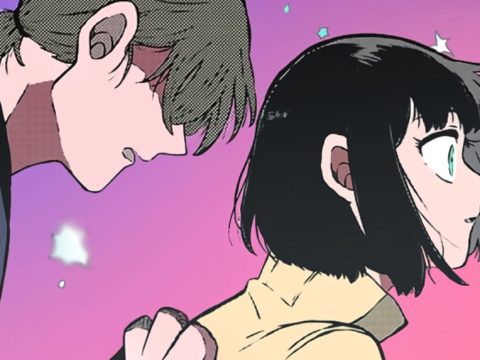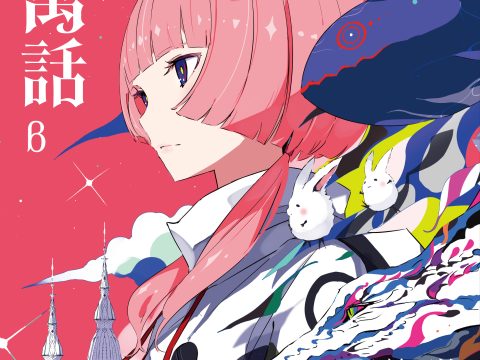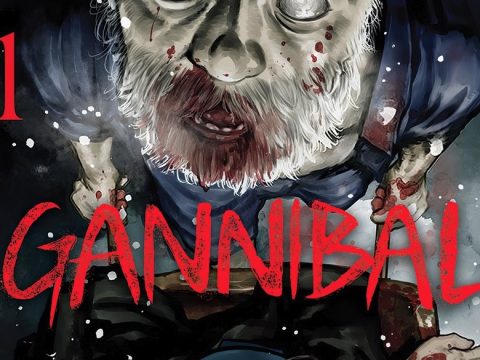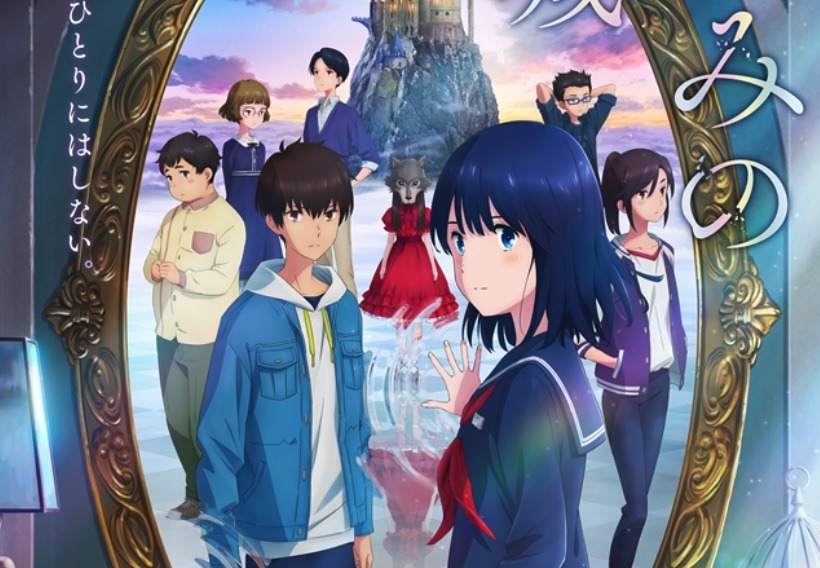
Lonely Castle in the Mirror is playing in select American theaters June 21 and 22. In the fantasy film, adolescent Kokoro is terrified of going to school, and finds a mirror to a castle where other children are dealing with the same school phobia. Director Keiichi Hara, whose past credits include Miss Hokusai, Birthday Wonderland and many Crayon Shin-chan and Doraemon movies, spoke to Otaku USA about loneliness, kids who don’t want to go to school, and seeing light in the future.
What about the book Lonely Castle in the Mirror made you want to adapt it into a film?
The project was brought to me and that’s when I read the book for the first time. I really found that it addressed a lot of issues that kids have today. There was an urgency. It’s the issues kids have were what really drew me to make the animation.
I was one of those kids who did not want to go to school, who would make myself sick to get out of school.
I think that a lot of kids will compare themselves to others and they’ll say, “I can’t do what everyone else is doing.” Or, “I can’t communicate that well with my classmates.” So you end up in a lonely place. But I think that if you might be lacking in some areas, most of the time these kids end up having a special skill or talent. I personally have worked with a lot of people like that who have these special talents. So we’re addressing that through the film too.
What do you hope audiences take away from the movie?
I think first and foremost, I hope people that watch this film see that there’s actually no one who is truly lonely. The characters always feel like they’re the loneliest. And when you think about it, there is no actual, true loneliness that exists. So I hope that people who watch this anime come away with that.
What have you learned over your years as a director?
When I started my career, I never thought I would ever be interviewed by an international outlet. I think that, reflecting back, it’s telling kids that the future is not hopeless. There is a bit of light. Hold on to that light constantly.
What is it about the medium of animation that attracts you?
I fundamentally love movies and I just want to make a good film. So when I started my career, it just happened to be animation. So that was a coincidence. At the end of the day, I want to make a good film and be a good filmmaker.
Is there anything you’d like your North American fans to know about you?
The animation is fantasy, but the children’s problems are very real. So I believe the author and I are in the same mind in helping children in how they feel and how they see the world.
This is not the first time I’ve had one of my features distributed outside of Japan internationally. I’ve noticed that the interesting parts of my films are parts that touch people. They’re usually about the same places as Japanese audiences and audiences outside of Japan. I hope whether it’s kids watching or adults watching, I hope that they come out of the movie feeling like they can look forward, that there’s something to look forward to.
____
Danica Davidson is the author of the bestselling Manga Art for Beginners with artist Melanie Westin, plus its sequel, Manga Art for Everyone, and the first-of-its-kind manga chalk book Chalk Art Manga, both illustrated by professional Japanese mangaka Rena Saiya. Check out her other comics and books at www.danicadavidson.com.


